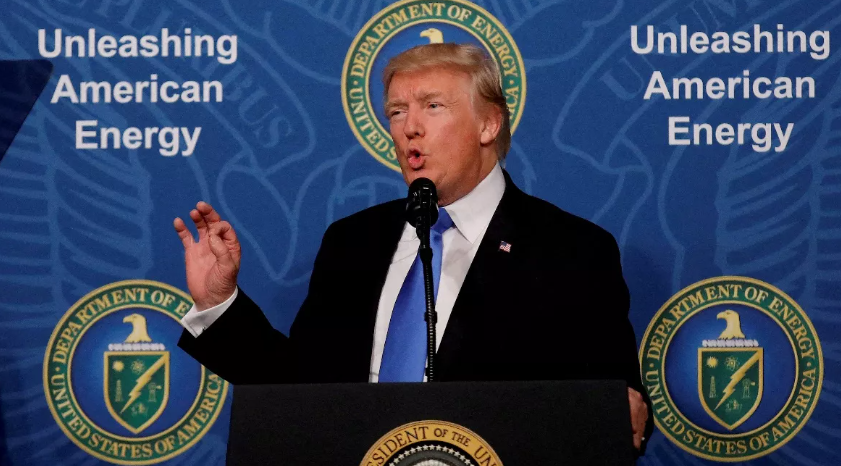
Former U.S. President Donald Trump has once again stirred controversy with his remarks on global affairs, this time targeting the BRICS alliance. In a recent statement, Trump claimed that the organization is "broken" and expressed uncertainty about what went wrong.
A Dismissive Stance on BRICS
The BRICS group—comprising Brazil, Russia, India, China, and South Africa—has positioned itself as a counterweight to Western economic dominance. Over the years, the bloc has expanded its influence, particularly in trade, finance, and geopolitical strategies. However, Trump’s remarks suggest skepticism about its effectiveness, hinting at internal divisions or declining influence.
What Could Be Behind Trump’s Statement?
Trump’s comments may be based on recent tensions within the alliance. Despite its goals of economic cooperation, BRICS has faced challenges, including political differences between member nations, economic slowdowns, and varying strategic interests. While China and Russia push for a stronger anti-Western stance, countries like India and Brazil have maintained ties with both the West and BRICS nations, leading to complex dynamics.
A Strategic Narrative?
Trump’s remarks could also be part of a broader political strategy as he eyes a potential return to the White House. By dismissing BRICS, he may be reinforcing his “America First” agenda, emphasizing U.S. dominance in global trade and diplomacy while downplaying alternative alliances.
BRICS' Future Amid Global Shifts
Despite Trump’s criticism, BRICS continues to expand, recently inviting new members and exploring alternatives to the U.S. dollar in trade. Whether the alliance is truly "broken" or simply evolving remains a key question in global politics.
As discussions around BRICS’ influence continue, Trump’s statement is sure to spark debate on the bloc’s future and its role in shaping international economic policies.

 Share
Share



